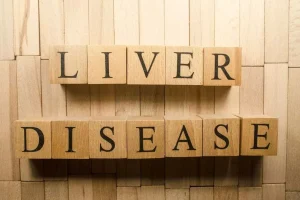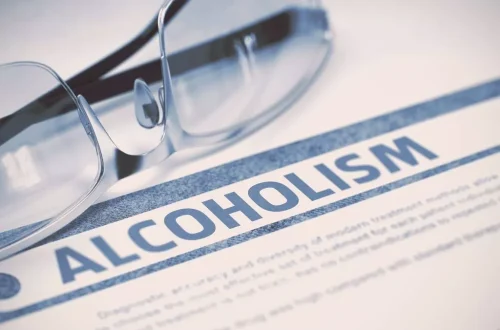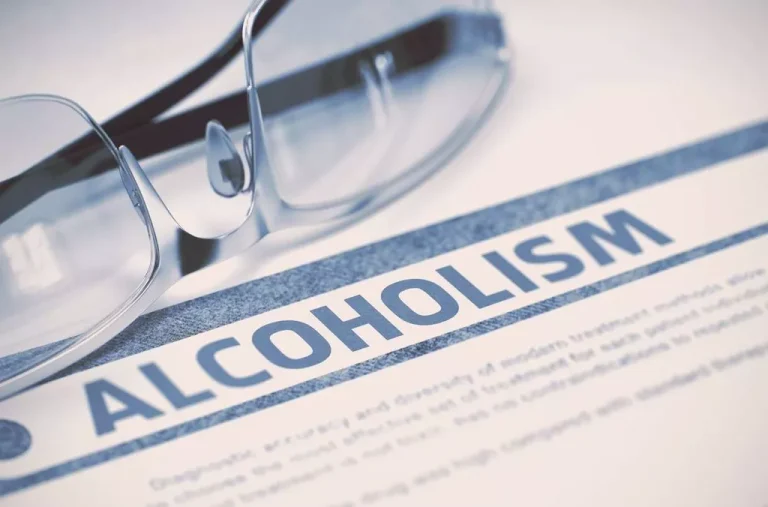
It’s not social in the sense that you join discussions … but it’s a place you can meet someone. I strongly suggest you discuss looking to get into a relationship with your sponsor or a recovery mentor/therapist/counselor first. Often it’s good to wait a little while before taking on the stress and effort of getting into a loneliness in sobriety new relationship. Of course, this is not to say that we should take loneliness lightly.
Regular Meetings

Stories help us to discern what loneliness looks like and how it is lived. There are phases of life that seem to create unique clusters of circumstances that give rise to particular types of loneliness and disconnection. My colleague Chao Fang from the University of Liverpool and I have written extensively about our efforts to listen to older people’s experiences.

How I Dealt with Loneliness When Quitting Drinking
- One of the best ways to prevent isolation during recovery is to stay active and healthy.
- You take positive steps every day to stay on your program, stay in recovery, and stay sober.
- I could almost always find someone to go out drinking with.
- Even people who are rarely physically alone or who are in long-lasting relationships can experience loneliness.
- Sharing your feelings and experiences with others can help you feel connected and understood.
- As you can see, there are a lot of different tactics that a person can use in order to overcome loneliness.
- Loneliness, therefore, will come and go as it chooses in the course of a lifetime, quite apart from our efforts to deny or avoid this reality.
These activities can range from sports, hobbies, volunteer work, or social clubs, and they provide a healthy environment for developing new friendships and strengthening your recovery. Individual and group therapy sessions are another way to build connections in recovery. A therapist can help you understand the underlying causes of your addiction, identify triggers, and develop strategies to maintain sobriety. Group counseling sessions offer an opportunity to connect with others facing similar challenges and provide additional support. According to the Centers for Disease Control and Prevention (CDC), roughly one in three adults in the United States report feeling lonely. About one in four feel they don’t have any emotional or social support.
Join The Echo Community

Working with a therapist can help a person understand and process emotions in a healthy way. It’s quite possible your choice to face addiction directly and the desire to live a healthy, sober life removed you from previous social circles and activities. However, as you’ve continued through treatment, you learned it’s more likely those relationships and circumstances contributed to your substance abuse. While avoiding social media altogether https://ecosoberhouse.com/ may be incredibly difficult, it’s important to limit the amount of time you spend on social media.
- Over time, secluding yourself can worsen mental and emotional health, which can be a significant setback for anyone recovering from drug or alcohol addiction.
- Let these additions fill the spaces as you explore what a sober life and self can hold.
- Of course, I was in my twenties at the time … I’m sure it’s not quite like that for drinkers in their 30′s, 40′s and beyond.
- Creating a life that’s not just sober but vibrant and fulfilling is at the core of our final episode.
- How to celebrate your progress for more inspiration and encouragement for your journey ahead.

Furthermore, having a hobby or interest can be the catalyst in finding new friends, with similar interests. There are both dangers and benefits to feeling lonely in sobriety which I want to talk through with you now. Later, I will explain the many ways in which to combat the negative feelings of loneliness. Boredom can be problematic for anyone, but for people in addiction recovery, boredom can be dangerous.

Relapse Risk Factors
But if you keep going to meetings, don’t act like a jerk (just be yourself and be nice), you will make great friends … no matter how young or old you are. If you have a job or are going to get a job, you can find people to hang out with there. Some jobs are more conducive to social activities than other jobs. However, now that you aren’t obsessed with drinking and aren’t filling up your time drinking, you might find some great people you never really got to know at your workplace. I went to young-person’s AA and that took a while for me to connect.
- I didn’t feel safe without him and, when I was with him, just holding his ears, I felt relaxed and I wouldn’t have the big thumping feeling in my body.
- Often it’s good to wait a little while before taking on the stress and effort of getting into a new relationship.
- However, nurturing relationships with non-addicted friends and family provides stronger support and interpersonal connections.
- Accepting and remaining accountable for your actions can help you come to terms with the issues and help you heal from them.